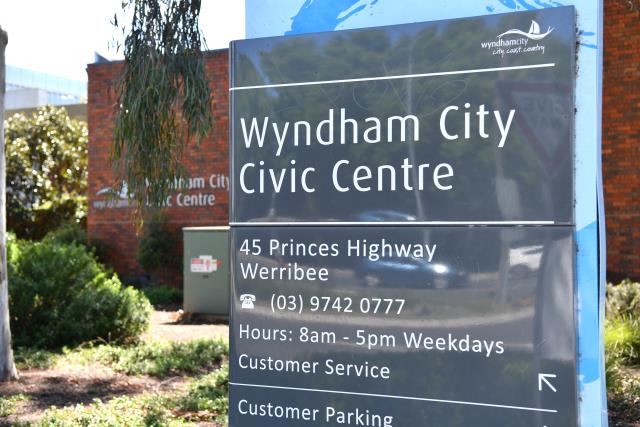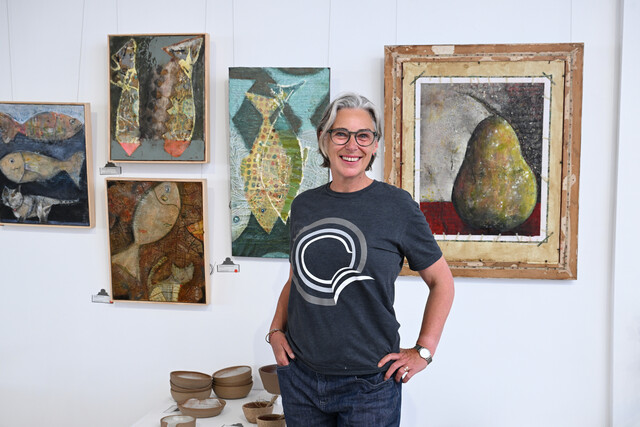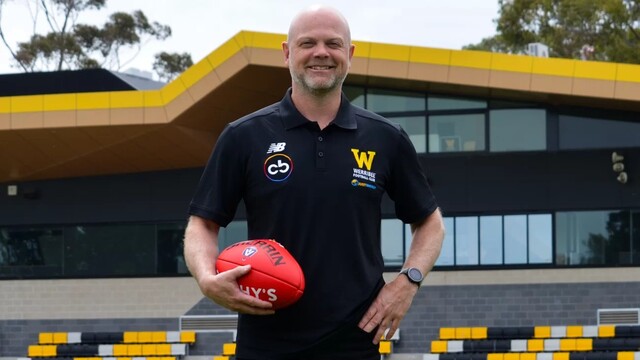Point Cook, Werribee and parts of Hoppers Crossing are among Melbourne’s most vulnerable suburbs during a heatwave, research reveals.
A Monash University study released last week used ambulance call-outs during heatwaves to pinpoint urban populations most at risk of the effects of stress and dehydration.
Professor Nigel Tapper’s research found that residents in Werribee, Point Cook and sections of Hoppers Crossing were extremely vulnerable.
The number of elderly people living in a suburb, the proportion of land covered by buildings and the amount of open space were key factors in determining vulnerability.
“In areas that are covered by buildings, urban warming occurs that can increase local temperatures by around four degrees,’’ he said. “This can take the temperature over the threshold where human health is threatened.”
Professor Tapper urged town planners to include more street trees, shady parks and better building designs in future housing developments.
Wyndham mayor Bob Fairclough said the council would use the research to manage risks across the municipality.
He said the council wanted the state government to approve new landscape guidelines that would result in more open spaces and trees being included in precinct structure plans for new communities.
“Wyndham City also undertakes work directly to increase open space and add to the number of trees in the municipality,’’ he said.
‘‘Heat impacts are considered when planning local parks and open spaces, and our street tree policy aims to increase the green canopy and recognises the health benefits of more trees, including a reduction of the heat island effect and general reduction in temperatures from their shade.”






